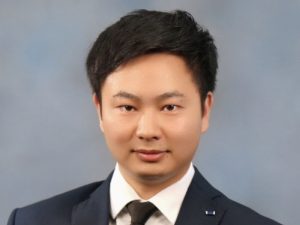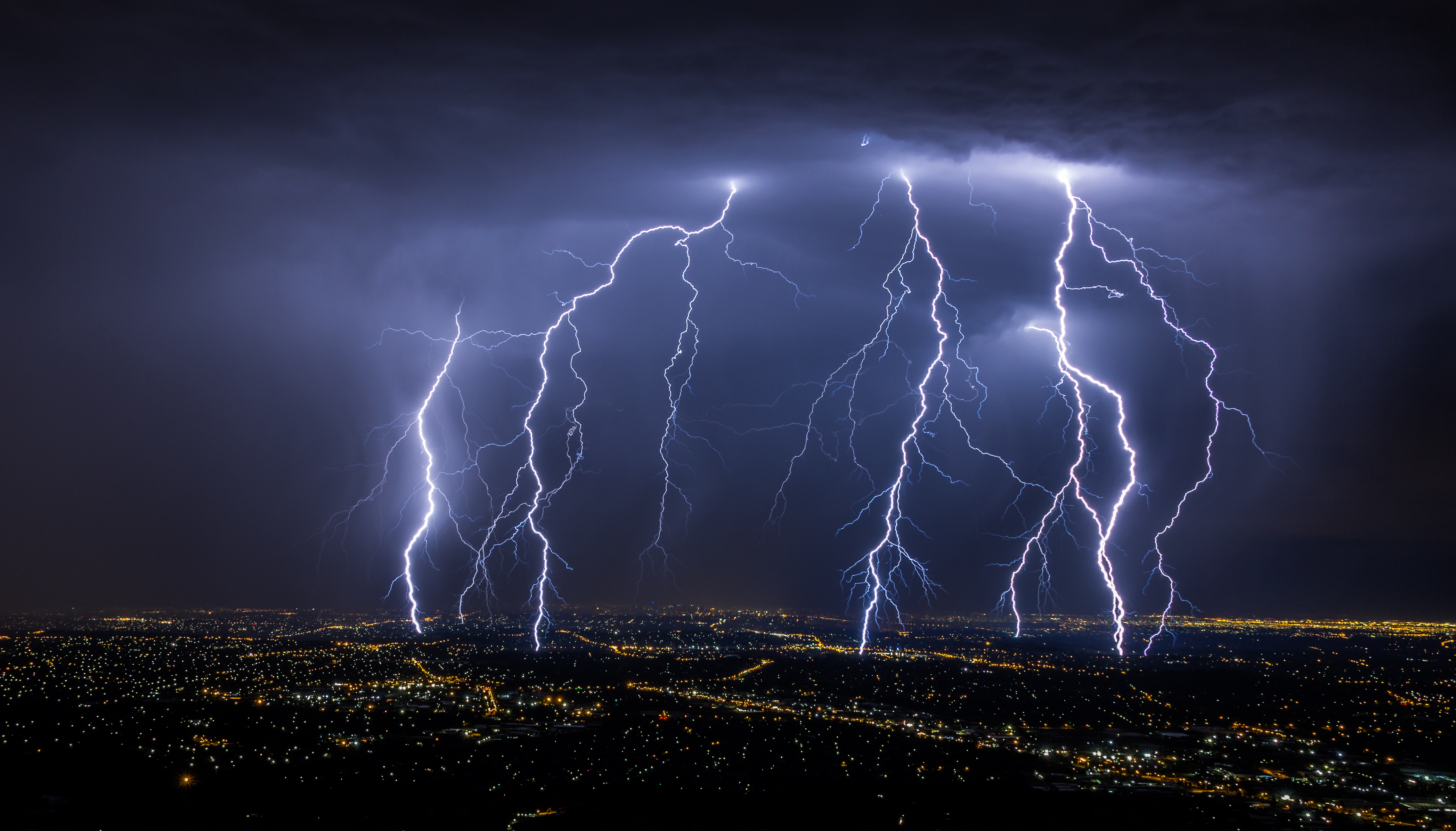As the frequency of severe storms increases, UConn continues to develop more advanced technologies and resources to prepare communities for power outages and shorten restoration time.
The latest initiative – made possible through a recent $4.4 million federal grant – enhances towns’ access to solar power and battery energy storage in the event of a storm or other emergency that disables electricity. Additionally, the project will develop resources for rural Connecticut towns, where power usually takes a long time to be restored.
The U.S. Department of Energy selected Eversource Energy Center associate director Junbo Zhao and his team for a $4.4 million award through the Solar Energy Technologies Office (SETO) Renewables Advancing Community Energy Resilience (RACER) program. The grant is designed to enable communities to use solar and solar-plus-storage to prevent disruptions in power caused by extreme weather and other events and to rapidly restore electricity when it goes down.
“This is a strong indication of our faculty’s innovations in solar, battery energy, and power system research to benefit Connecticut communities and beyond,” Dean of the UConn School of Engineering Kazem Kazerounian says.
This project will develop and demonstrate predictive community outage preparedness and active last mile visibility feedback autonomous restoration solution, termed PROACTIVE, to achieve community resiliency with solar energy and other distributed energy resources.
“Due to the lack of proper outage prediction tools, stakeholders face challenges to forecast infrastructure damages and their severity ahead of time, thus significantly affecting outage preparedness,” says Zhao, an electrical and computer engineering professor. “After extreme events, there is also a lack of robust sensing and communication systems to allow quick estimation of infrastructure damage and availability of assets and energy resources to aid the rapid restoration.
“This PROACTIVE project will develop and demonstrate a two-layer risk-aware preparedness and grid visibility informed safe, equitable, coordinated, and automated restoration tools for community energy resilience to tackle these challenges,” Zhao says.
PROACTIVE will become the latest in mitigation and restoration technology for the Eversource Energy Center, located within the Innovation Technology Building at the UConn Tech Park. The Center utilizes its Outage Prediction Model to forecast the impact of storms, using meteorological data to proactively position restoration crews in advance of inclement weather.
“Climate change is one of the greatest challenges that we face as a society, and the intensity and frequency of storms is only going to increase,” says Pamir Alpay, UConn’s interim Vice President for Research, Innovation, and Entrepreneurship. “Working with our partners at Eversource, we are committed to developing technology and advancing research to enhance our ability to mitigate the impact of these storms and keep Connecticut residents safe.”
For community resiliency, this project will demonstrate that proper pre-event preparedness powered by granular outage predictions would significantly speed up the outage restoration process, such as crew member dispatch, resource allocation and coordination of local resources. The outcomes of this project will directly inform community leadership about their energy system resilience enhancement needs and assess the potential solar and energy storage combined solutions.

Zhao says that is where cooperation and coordination between different communities becomes a key component. Through the program, a more affluent town like West Hartford with considerable amounts of solar and energy storage systems could provide a surplus of power to a neighboring municipality, such as Hartford.
Zhao says his team is scheduled to meet with community leaders and stakeholders in West Hartford and Hartford to demonstrate the technologies and demonstrate how they can benefit the respective cities.
It will take three years to fully implement the program, Zhao says. This year will be the research and development phase, followed by demonstrating capabilities to the communities and ultimately a rollout throughout municipalities that Eversource serves.
UConn was selected as a part of the Renewables Advancing Community Energy Resilience (RACER) funding program, an effort to increase the resilience of energy systems, increasing communities’ preparedness to withstand and recover rapidly from disasters. PROACTIVE is one of several projects that will develop and demonstrate sensors and communication technologies that enable rapid identification of available assets to re-energize a power system after an extreme event. More information about the selected projects can be found here.
The Eversource Energy Center at the University of Connecticut is a partnership between New England’s largest energy provider and the School of Engineering; the College of Agriculture, Health and Natural Resources; and the School of Business, located in the Innovation Partnership Building at UConn Tech Park. The partnership, established in 2015, is dedicated to using cutting-edge research to solve real-world challenges where weather, security, and energy intersect.



